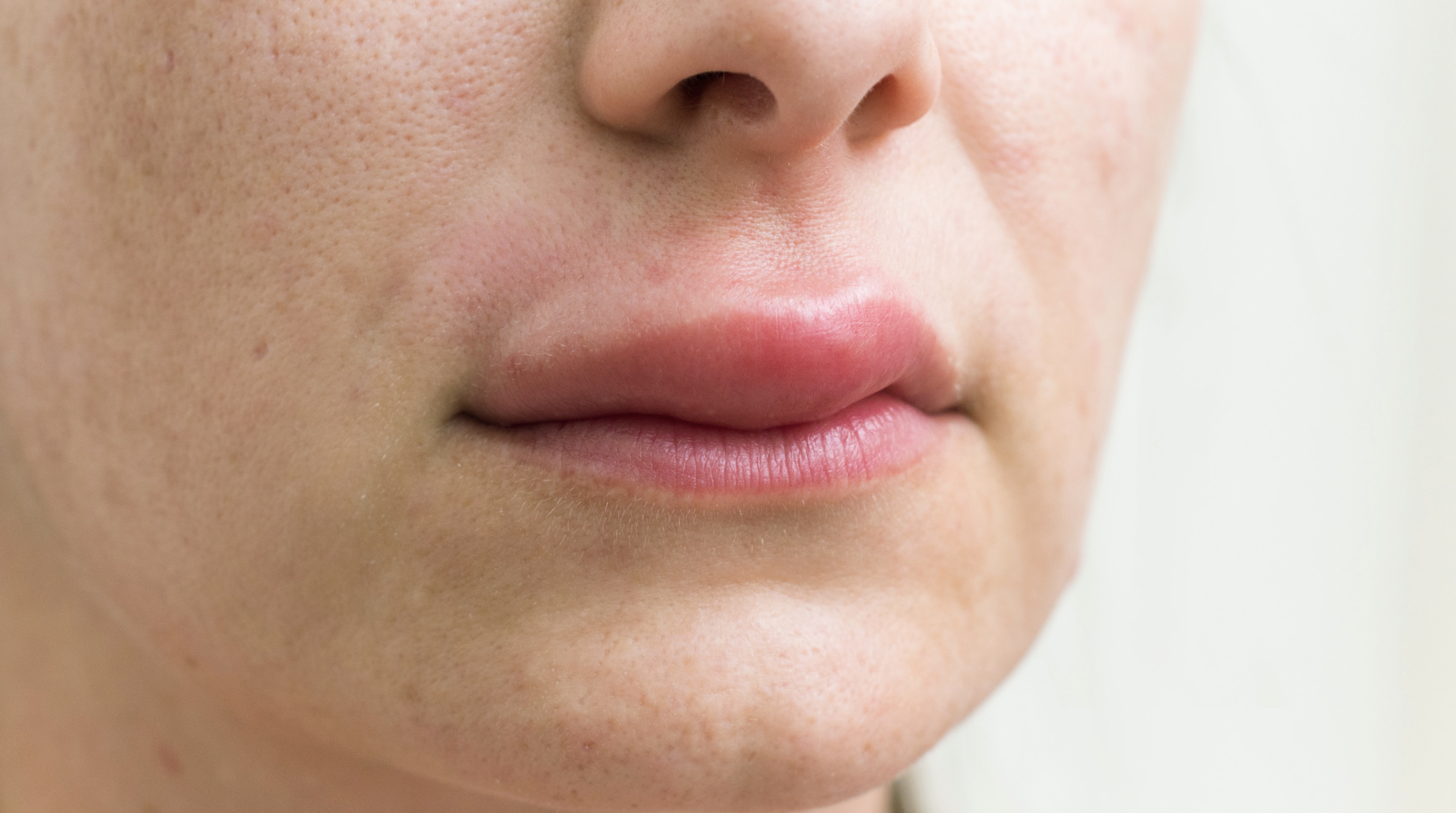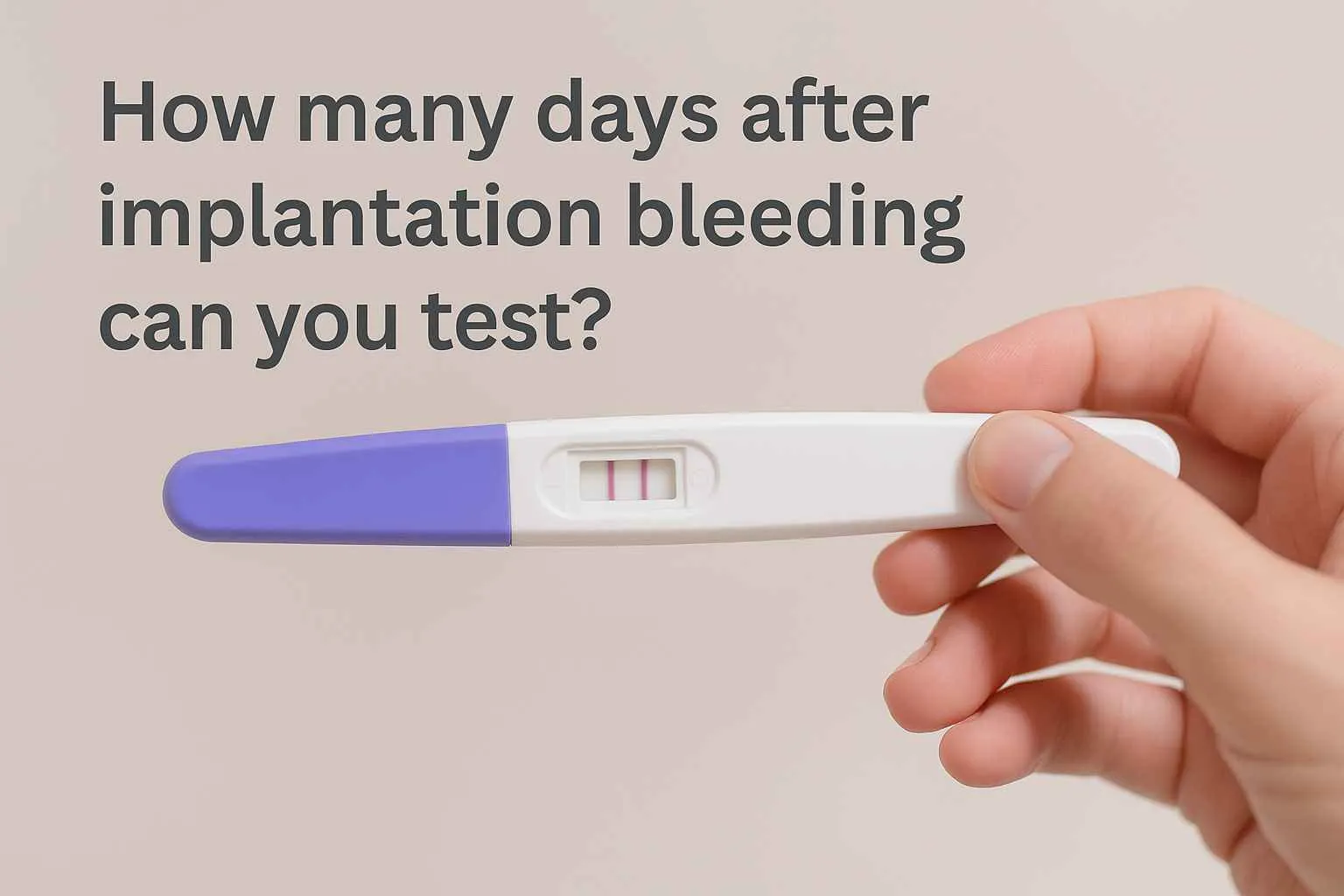Scheduled for a Pap smear, but your period showed up unexpectedly? It’s a common concern many women face, and it raises an important question: Can you get a Pap smear while menstruating? The short answer is that timing matters, and your results may be affected depending on your flow. In this article, we’ll explain whether it’s okay to have the test during your period, when it’s best to reschedule, and what you should discuss with your doctor.
Can You Get a Pap Smear While Menstruating?
Yes, technically, you get the screening if you have light blood flow or are spotting, but the ideal option is to avoid it. According to the Office on Women’s Health, how heavy the blood flow is may impact the accuracy of the test results. This can make it difficult to recognize abnormal cervical cells that can indicate the chances of cervical cancer.
Spotting might not be much problematic for test accuracy, but always consult your gynecologist or obstetrician for the safer side. Just make sure not to skip this important exam.
When Is the Best Time for Cervical Screening?
For the most accurate test result, schedule the date:
About 10 to 20 days after the first day of the last period.
Around 10 to 14 days (mid-menstrual cycle) after the first day of the last period.
At least 5 days after the end of your period.
Scheduling Considerations
Track your menstrual cycle using calendars or period tracking apps.
Schedule the appointment with a doctor during the "clear" days.
These measures can ensure the clear collection of a sample from the cervix.
When is a Pap Smear During a Period May Be Acceptable?
If you want to get a Pap smear during your period, it can be acceptable in the following scenarios:
Days with light blood flow, that is, during the beginning or end of the menstrual cycle.
In case of urgent medical need, when the cervical screening can't be delayed.
Severe bleeding or bothersome symptoms that need immediate evaluation.
In cases of continuous light spotting or bleeding.
When no or limited reschedules are available, as in areas with restricted healthcare access.
How Menstruation Impacts Pap Smear Results?
This can happen due to the following reasons:
1. Blood Interference
Unclear cell samples: Menstrual blood can dilute or hide the cervical cells that are required for accurate testing.
Reduces visibility: Heavy blood flow makes it tough for the doctor to assess the cervix clearly.
Affects test results' accuracy: Contamination of the sample with period blood can lead to false or inconclusive results.
2. Technical Challenges
Sample quality: Period blood might interfere with the preservation as well as the examination of a sample.
Laboratory processing: Menstrual blood can make it challenging for lab technicians to detect abnormal cervical cells.
What to Do If Your Period Starts Before a Scheduled Pap Smear?
Here’s what you need to do:
Contact a doctor: Talk to your OB/GYN about your menstrual cycle. They may help you understand whether to go or reschedule the test based on your blood flow.
Be honest about your symptoms: If you experience abnormal bleeding, vaginal discharge, or pain, go for the appointment. These symptoms might indicate other conditions that need medical evaluation. Moreover, if it’s a routine test, you are uncomfortable, or the flow is heavy, reschedule the appointment.
Other Conditions a Pap Smear Can Detect During the Period
Though this screening test is designed to detect abnormal cervical cells, it might also rule out:
Vaginal infections
Symptoms of hormonal imbalance
STIs (when used with additional tests)
However, period blood might hide these indicators, which restricts the diagnostic value of the tests during menstruation.
How is a Pap Smear Done When on Period?
Here's how it is done:
The healthcare providers will ask you to lie on the exam table. They will insert the speculum in the vagina to clearly access the cervix.
They will then try to wipe up the excess period blood if possible.
Using a spatula or small brush, the cells from the cervix are collected and placed in a tightly sealed container.
The sample is then sent to the laboratory for testing.
The results may take some days.
Note: If menstrual blood flow is heavy, the healthcare professionals may reschedule the test to avoid inconclusive results.
How to Prepare for a Pap Smear on Your Period?
Here are the tips on what not to do before a Pap smear, as it may impact the test results:
Avoid sexual intercourse 24-48 hours before the test to avoid false results, as it can alter the vaginal pH levels.
Skip douching and using vaginal products for about 2 days before the appointment, as they can disrupt the vaginal flora.
Avoid tampons for 24 hours before the test, as they can disrupt the natural vaginal environment.
Check your period blood flow. If it is heavy, reschedule your appointment.
Take a bath or clean the area using a fragrance-free wipe, but do not clean the inner part of the vagina.
How Often Do You Need to Go for a Pap Smear?
According to the guidelines of the Centers for Disease Control and Prevention (CDC):
Women aged 21–29: Every 3 years
Women aged 30–65: Every 3 to 5 years, based on whether the HPV test is conducted at the same time
Women over 65: May not need Pap test if they have had normal results for the past 10 years.
Always follow the personalized recommendations of your doctor only.
Summing Up
So, can you get a Pap smear while menstruating? Yes, you can, but heavy bleeding may reduce the accuracy of the results. For the most reliable outcome, it’s often better to reschedule the test for a time when you’re not on your period. If your appointment falls during menstruation and you’re unsure whether to proceed, the safest option is to consult your gynecologist for personalized guidance.
Most importantly, don’t delay or skip your Pap smear; it’s a vital screening tool for protecting your cervical and reproductive health.
Frequently Asked Questions
Can I have sex before a pap smear test?
No, sex before a pap smear test is not recommended.
What can be the side effects of the pap smear test?
Bleeding, spotting, cervical scratch & cervical sensitivity (When the doctor tries to take the sample from the cervix), and yeast infection (only in rare cases) can be the common side effects of the pap smear test.
Does period affect pap smear results?
Yes, menstrual blood can potentially affect Pap smear results, so it's typically best to schedule the test when not on your period.
What if I had protected sex right before the pap smear test?
No, it is still not recommended to have a pap smear test under this condition, as it can impact test results.
How many days do I need to go without sex before a pap smear test?
You must not have sex at least 24 to 48 hours of the day before a pap smear test.
What to expect after a pap smear test?
Some amount of bleeding or spotting is normal after the test. However, if it becomes heavier, you need to consult a doctor.
Can you get a pap smear at the end of your period?
Yes, you can. But prefer the test when not on your period to get more accurate results.
-User-1754377709.png)
Reviewed by







